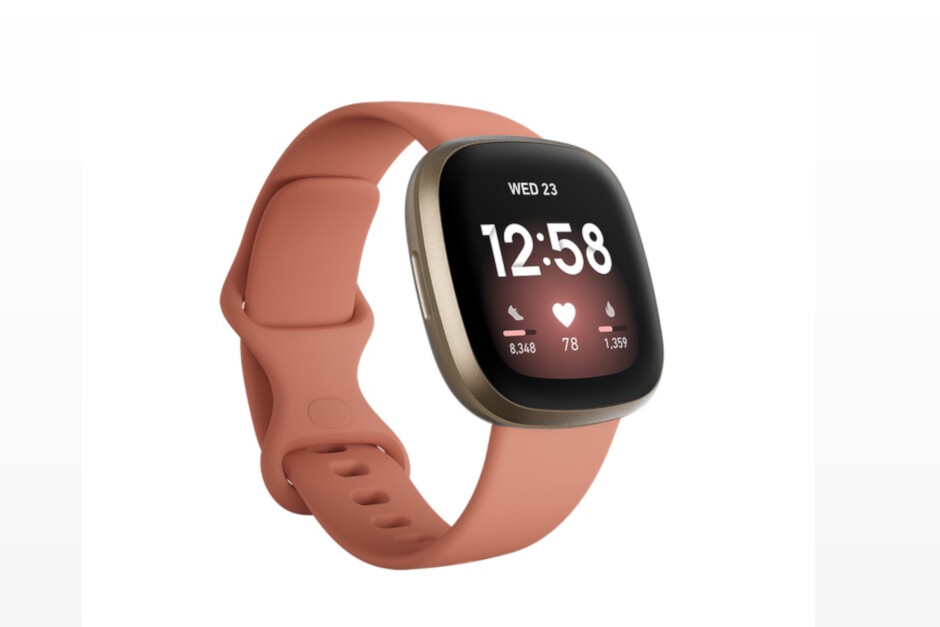We are coming up to the one year anniversary of Alphabet’s proposed $2.1 billion acquisition of Fitbit. Many of you might not know that the deal has yet to close. In the European Union, the transaction has been put on hold because of antitrust concerns. Alphabet is the parent company of Google which has already been fined $5 billion for making it tough for third-party developers to have their software placed on Android devices.
Reuters reports today that Google has tweaked some concessions that it had previously made in order to get the purchase of Fitbit approved by the EU. Last month Google said that it would restrict the use of Fitbit data for Google ads, make it easier for rival wearables manufacturers to connect to Android, and allow third parties to have access to data belonging to Fitbit users with their consent.
Google changed the concessions it was willing to make after receiving feedback from its rivals and consumers. On Friday, the EU Competition enforcer, along with Google, extended the deadline for the EU’s decision on whether to allow the deal to go through to January 8th from December 23rd. Google pointed out that the deal with Fitbit is about devices, not data. In other words, Google is saying that a transaction between Google and Fitbit is about creating a better wearable, not about collecting everyone’s data and using it for ads. As Google says, “The wearables space is crowded, and we believe the combination of Google and Fitbit’s hardware efforts will increase competition in the sector, benefiting consumers and making the next generation of devices better and more affordable.”
Fitbit was once the leader in the wearable device market but had just a 3% slice of the pie after the first quarter of this year. Apple is now the leader as the extremely popular Apple Watch had a 29.3% market share during the first quarter of 2020. Data from IDC shows that Fitbit also trails Xiaomi, Samsung, and Huawei among wearable device manufacturers. Google has yet to launch its own Pixel Watch and nearly every year there is speculation that the unveiling of such a device is imminent.
A group of 19 consumer organizations in the EU, the United States, and Brazil teamed up to disseminate a joint letter on Thursday demanding that Google give up some tough concessions if it wants to get the deal approved in the EU. Since the EU’s competition enforcer has not asked for further feedback from the market, it seems possible that the changes made by Google are enough to get the Fitbit deal approved by the regulatory agency.

